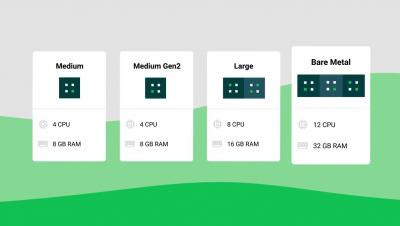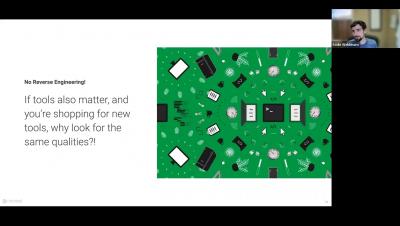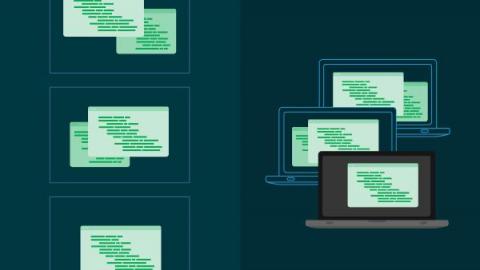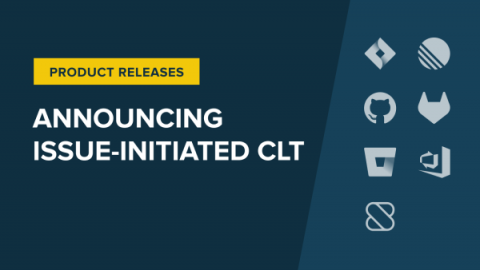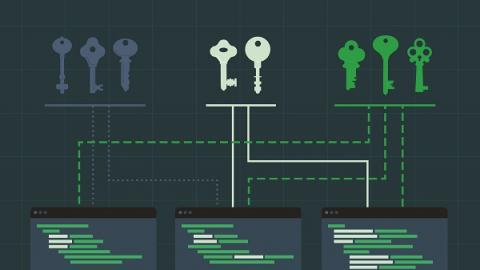What is container orchestration?
Containerization is a type of virtualization in which a software application or service is packaged with all the components necessary for it to run in any computing environment. Containers work hand in hand with modern cloud native development practices by making applications more portable, efficient, and scalable.





